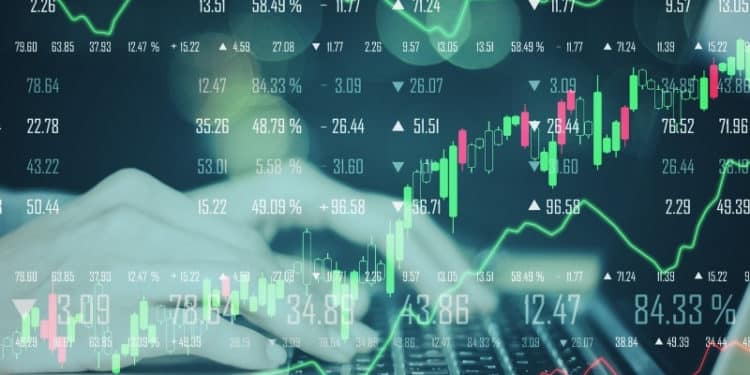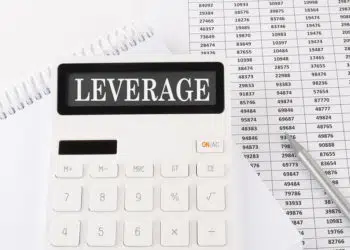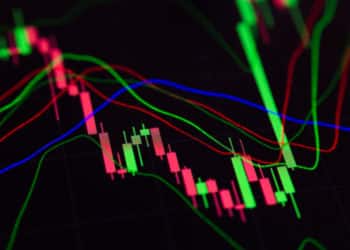There are numerous types of forex brokers, from fully regulated brokerage organizations to those working illegally. When it comes to forex trading, both new and seasoned traders should be very selective in choosing their brokers since a trustworthy one is an essential component of their success. While there is some consistency in the skills and abilities that these brokers hold in the currency market, the ways in which they approach their roles as brokers vary significantly.
The sector consists of numerous levels of brokers. You’ll find that some of the brokers have the contacts and relationships needed to get right to the heart of the marketplace. Some brokers are completely removed from the market and barely have any relationship to it. To succeed as a trader, you need to have an understanding of the varieties of brokers, as this is the key to boosting your chances of selecting one that can assist you in achieving your goals.
Before you begin forex trading, you’ll need to identify which form of forex broker will be best for you and your trades. This is a crucial decision, as you will find that the kind of forex broker you pick will determine how you’re served, as well as the transaction fees and trading spreads you are subject to.
Before anything else, make sure to check whether the Forex broker has a “trading desk.”
This phrase comes from old-fashioned investing when people would actively trade financial instruments while sitting at a desk and managing money for banks. These days, you are much more likely to see traders and analysts crowded into a single room than you are to see a group of individuals dealing on one specific trader’s behalf.
Most successful traders and investors get their money by having daily access to firm performance data.
Types of Forex brokers
1. Dealing Desk (DD)
This type of broker is also commonly referred to as a market maker. These brokers are likely to offer a fixed spread. A lot of them usually opt to reference quotes that are either lower or higher than current real-time market pricing. For novices and experts alike, working with a dealing desk (DD) provides greater access to the market while still allowing them to bypass liquidity providers. These types of brokers earn their income through spreads.
A DD broker also operates as a market maker for their clients, meaning they promote market liquidity. While focusing on what their clients need, they place orders for their customers while ignoring investors’ opinions. As such, they cannot establish predetermined spreads because they are responsible for all buy and sell orders.
Price fluctuations may not be reflected in the interbank rate, making it possible for prices at the dealing desk broker to be different from interbank rates.
When trading with the DD Forex brokers, there are no interbank market rates available to see in real-time on their trading accounts. But it is good news for Forex traders, as increased competition among brokers is in their favor. Due to this, DD trading rates are quite competitive to those found at the interbank markets.
However, trading DD brokers could frustrate you by quoting you a different price on your trade, taking advantage of the spread, and intentionally dragging out the time it takes to execute your orders. This is as a result of the broker monitoring your account balances, stop-loss levels, and orders, which may work to your disadvantage.
2. No Dealing Desk (NDD)
The No Dealing Desk brokerage model acts as a channel that gives traders direct access to the interbank market. When you work with a legitimate NDD broker, you won’t need to worry about being fed re-quoted prices. The added beauty of it is that there are no barriers to trading after major economic statements.
Using NDD brokers gives you the freedom to choose low spreads that aren’t set in stone. This cushions trader against volatility following big news announcements that often result in sudden spikes in spreads.
Trading commissions, trading fees, and spreads are some of the ways that NDD brokers generate money.
3. Straight through the process (STP)
With STP, traders’ orders are routed through the STP system directly to liquid providers such as hedge funds and mutual funds, as well as banks and other financial institutions.
These institutions have the advantage of access to interbank markets. STP brokers can trade directly with their liquidity providers, and in turn, liquidity providers are getting all their orders. They do not get involved in the transaction process, thereby avoiding interfering with the execution of trades.
Forex brokers utilizing STP have several liquidity providers that they may rely on. Because of this, the trader will be able to get multiple quote rates from the broker. You could, for instance, get five bids to pick from if your broker happens to have access to 5 distinct liquidity sources.
4. Electronic Communications Network (ECN) brokers
ECN brokers often do not operate a trading desk, and their investors don’t have the benefits that come with having a DD broker. The broker offers its traders a mechanism to facilitate electronic trading with various banks, mutual funds, and traders in the fx market.
The ECN broker simply plays a role in transactions by providing a connection between buyers and sellers; their only involvement is to connect both parties and get a quote from the interbank market for the price of the financial instruments.
The ECNs that offer this feature permit some level of anonymity for the trader publishing the price. Traders that are looking to disguise their bid or offer positions are able to utilize this to their advantage.
In summary
A Forex broker can have a significant impact on a trader’s experience, the associated fees, and their overall transaction spread. Whether you are an amateur or an expert trader, your choice of broker can have a big impact on your results. In addition, it is vital to handle Forex brokers who are both registered and regulated, as this protects your capital.







